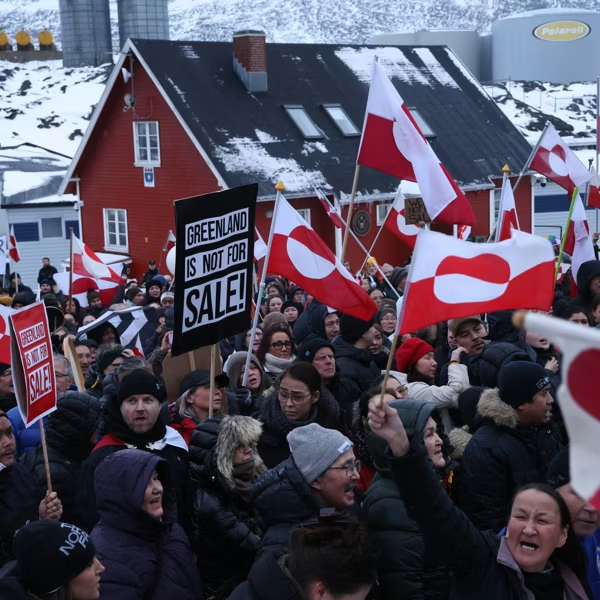As more details indicate the killing of British lawmaker Jo Cox was politically motivated, the United Nations Refugee Agency head is warning of a "climate of xenophobia" gripping Europe.
Speaking to Agence France-Presse in Tehran on Saturday, UN High Commissioner for Refugees Filippo Grandi said, "Refugees... don't bring danger" but "flee from dangerous places."
He put the responsibility on the shoulders of national leaders, saying that those who don't talk about the benefits of immigration but instead "stir up public opinion against refugees and migrants have a responsibility in creating a climate of xenophobia that is very worrying in today's Europe."
United Nations Secretary-General Ban Ki-moon also touched on the issue on Saturday, urging the region to reject "barriers and bigotry" as a response to the influx of refugees and instead take "a humane and human rights-based approach" because that's "our humanitarian imperative. It is what we must do as a human family."
The UN officials' comments come just days after the death of Jo Cox, a Labour Party MP and long-time humanitarian and advocate of refugees. She was shot and stabbed Thursday by Thomas Mair, one of her constituents.
When asked for his name in court on Saturday, Mair said, "Death to traitors, freedom for Britain." Mair has also been linked to a neo-Nazi group and reportedly shouted during the attack, "Britain First," the name of a far-right group.
Cox, in contrast, had issued just days before her death an article in defense of immigrants, writing, "We cannot allow voters to fall for the spin that a vote to leave is the only way to deal with concerns about immigration," referring to the June 23 referendum on whether Britons want to stay or leave the EU. The Remain and Leave campaigns resumed on Sunday following a three-day pause since Cox's death.
Her husband, Brendan Cox, tweeted "Vile" on Thursday in response to a tweet by the Leave campaign of a picture depicting a long line of refugees with the words "Breaking Point. The EU has failed us all. We must break from of the EU and take back control of our borders."
Mr. Cox has also accused mainstream politicians of legitimizing the views of the populist right spreading across Europe, thereby "reinforc[ing] their frames and pull[ing] the debate further to the extremes (Sarkozy and the continuing rise of Front National is a case in point)."
According to the Globe and Mail's Mark MacKinnon, "angry nationalism is back--no longer as a bit player, but as a mainstream force in European politics."
He notes Sunday that "pro-Brexiters deftly switched from arguing with the Remain side over the economic benefits and drawbacks of the EU, to hammering home a message that Britain needs to leave the 28-member bloc in order to curb immigration."
"A vote for a Brexit on Thursday would almost certainly presage the end of [Prime Minister David] Cameron's premiership, likely ushering in a government headed by Conservative rebel Boris Johnson, whom many in the British press--and some cabinet colleagues--have labeled a better-educated version of Mr. Trump," he continues.



